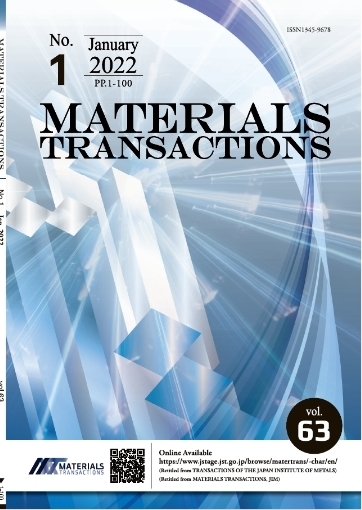High Temperature Grain Boundary Plasticity in Ceramics
Taketo Sakuma, Hidehiro Yoshida
pp. 229-235
Abstract
Superplasticity in fine-grained materials has been generally analyzed on the basis of their experimental strain rate-flow stress relationship. The phenomenological analysis based on a constitutive equation is effective for understanding the overall flow and fracture behavior and to speculate on the rate-controlling mechanism of superplastic flow. However, it has been recently pointed out that the high temperature superplastic flow and failure in ceramics is significantly influenced by the atomic structure and chemistry of grain boundary. Such phenomenon cannot be explained based on the classical phenomenological analysis. Our research group has therefore proposed to establish a new research field, grain boundary plasticity, to describe the superplastic deformation related to the grain boundary quantum structure. This paper aims to point out the importance of the quantum structure analysis of the grain boundary to understand the high temperature plasticity in ceramics.
Readers Who Read This Article Also Read
MATERIALS TRANSACTIONS Vol.49(2008), No.1
MATERIALS TRANSACTIONS Vol.49(2008), No.10
MATERIALS TRANSACTIONS Vol.49(2008), No.10










